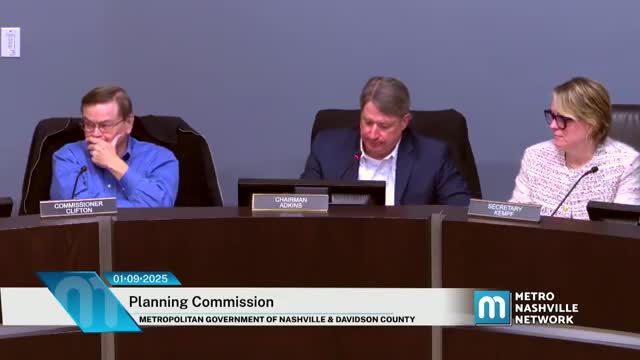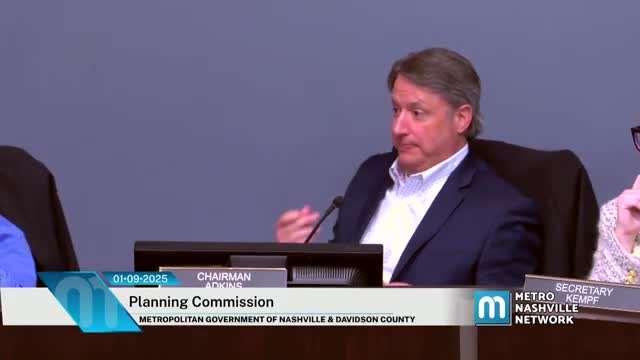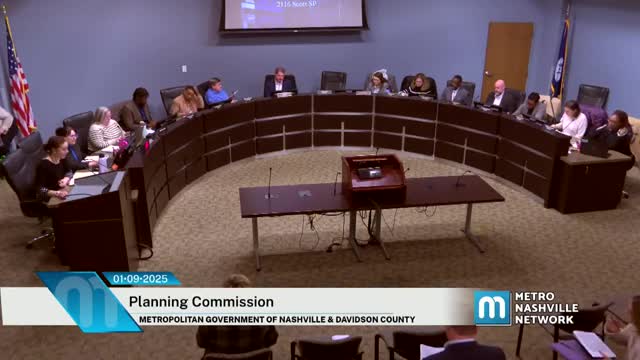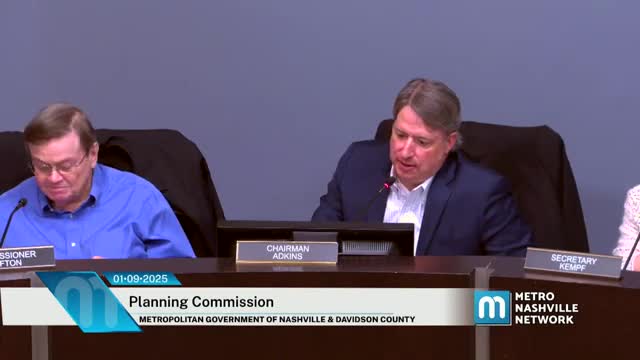Article not found
This article is no longer available. But don't worry—we've gathered other articles that discuss the same topic.

Planning commission adopts Bellemeade Highlands design and mobility study, urges NDOT review of Highway 100 access and prioritizes shared access

Commission rejects RM‑20 request, approves lower‑intensity RM‑15 rezoning on Luedie Street

Commission backs 10‑unit plan on Scott Avenue, with conditions to preserve neighborhood character

